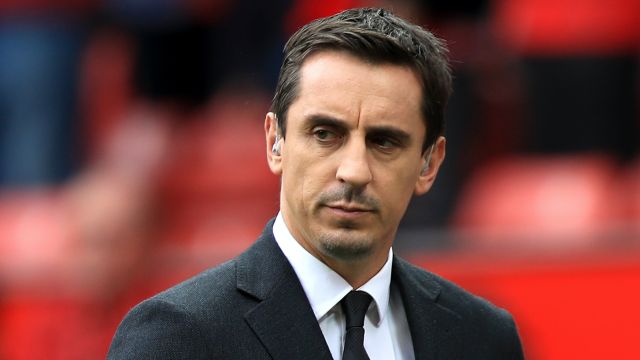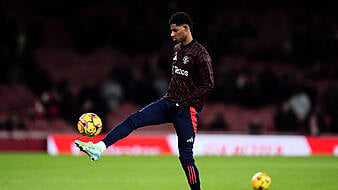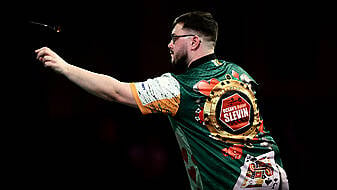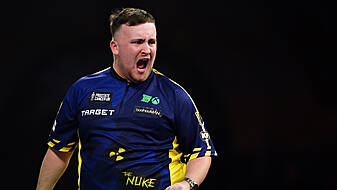A £50million (€55 million) bailout offer comprised of grants and interest-free loans to League One and Two clubs was rejected on Thursday by the EFL, which is seeking a solution which helps Championship clubs as well.
Neville, the former Manchester United defender and Salford co-owner, is part of a group calling for independent regulation of English football which also includes former Football Association chairman David Bernstein.
He felt the Premier League had been forced to act by the hugely controversial Project Big Picture proposals which emerged last weekend.
We are a diverse group with a passion for English football, but also a profound concern about its current state. Our report illustrates the scale of this crisis and proposes a very clear solution to address it. Read it here: https://t.co/sxz9Ov1ejH #OurBeautifulGame
— Ourbeautifulgame (@OBG_2020) October 15, 2020
Advertisement
“It took six months for them to pass £50million down to the EFL, it’s taken six months and a group of clubs breaking away to make them do it and they’ve spent £1.24billion on players in the last few months, how can that be?” he told Sky Sports News.
“No one in this country can sit there and say it’s right, it’s embarrassing. I would be embarrassed to be part of the Premier League if it had taken me six months to sort out a rescue package for the EFL clubs that need it, when they’re spending that level of money on transfers. It’s not good enough.”
It is understood the Premier League’s offer remains on the table despite the EFL’s collective rejection, and that it is willing to engage with any EFL club who believe they are under immediate threat.
It said on Wednesday that discussions with the EFL over Championship clubs’ financial needs were continuing.
Premier League Shareholders agreed to work together as a 20-club collective on a strategic plan for the future structures and financing of English football
Full statement: https://t.co/6hFna1K6tl pic.twitter.com/mZwwe0pxcGAdvertisement— Premier League (@premierleague) October 14, 2020
The EFL’s statement on Thursday described the Premier League’s offer as “conditional”, but the Premier League’s position is that the sole condition is that a club must prove it will soon go out of business because of the pandemic to access the grants and loans.
The rescue package is understood to comprise of £20million in grants, with the remaining £30million as interest-free loans.
Neville claims the PBP proposals have “unlocked the door” in hastening a debate on the governance of English football.
The proposals were developed by Liverpool and Manchester United and publicly endorsed by EFL chairman Rick Parry. While they proposed an immediate £250million bailout for the EFL and a 25 per cent share of future Premier League media revenues, they also sought to concentrate Premier League voting rights in the hands of the ‘big six’ clubs.
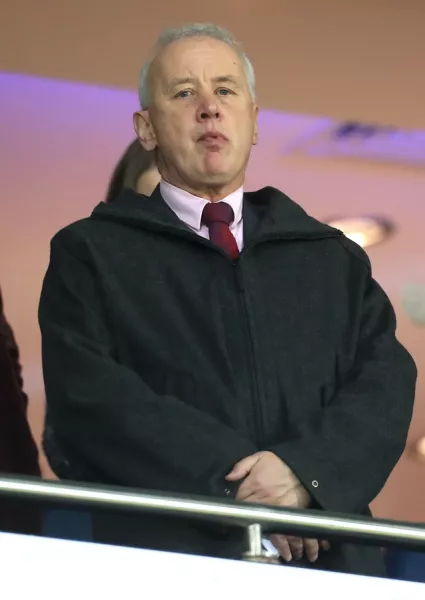
The PBP proposals were rejected by Premier League clubs at their shareholders’ meeting on Wednesday, with the top-flight sides instead committing to continue a strategic review.
Neville added: “I would hope that what Big Picture has done is unlock the door to a new way whereby the 14 clubs and the six clubs can come together and realise that, ‘OK we didn’t go about it the right way’ but what it has done is stimulate a debate and that debate’s now going to happen.
“I would never in a million years want the top six to run English football so that bit has to go, but the fact that EFL clubs can become sustainable… include a bit more for non-league please, make sure there’s a fairer deal for fans, make sure that the FA and grassroots get supported and fully funded and let’s make the Premier League the best in the world by maybe having two less clubs.”
Parry’s involvement in the discussions was particularly disappointing to the Premier League, with its chief executive Richard Masters saying on Wednesday that there was a need to “re-establish trust” with the EFL’s leadership.
FA chairman Greg Clarke said on Tuesday that a breakaway league had been “mooted as a threat” in PBP discussions, at which point he walked away from them.
